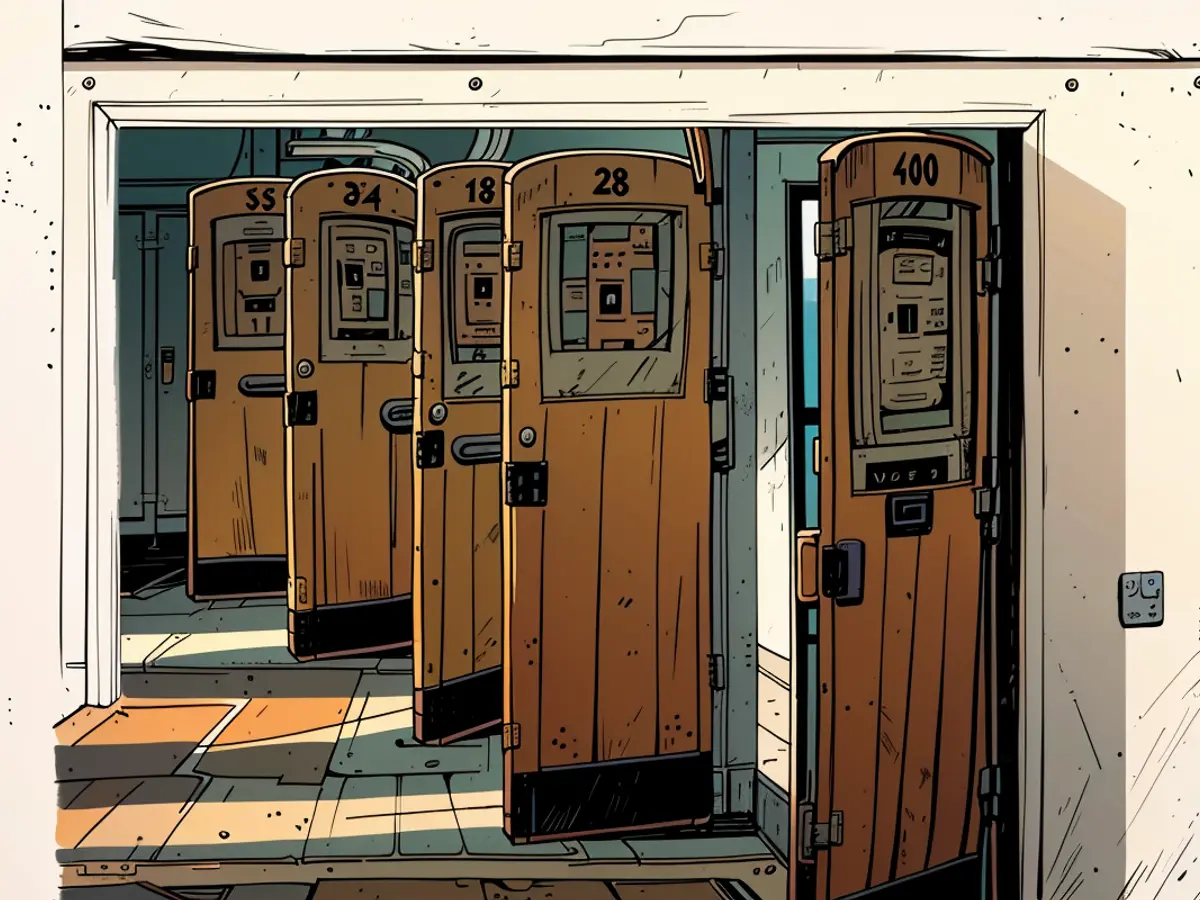GDR history - New memorial to notorious GDR women's prison
35 years after the last political prisoners left the notorious women's prison Hoheneck in Stollberg near Chemnitz, a new memorial site will be opened there next week. Bundespräsident Frank-Walter Steinmeier has announced his attendance for a first tour. The former castle grounds in Stollberg served as a prison since 1864. Starting in 1950, the GDR established its central women's prison there. About 24,000 women were imprisoned there until 1989, approximately 8,000 of them for political reasons.
The memorial site is long overdue and an important symbol for the former political prisoners, explained Saxony's Commissioner for Processing the SED Dictatorship, Nancy Aris. "This place has national significance. Women from all over the GDR were imprisoned here." According to the announcements, all interested parties are invited for a viewing of the site and the permanent exhibition on July 12, following the opening ceremony on July 11. The memorial site is expected to open to the public in August.
Memorial Site Hoheneck
- Frank-Walter Steinmeier, as the Federal President of Germany, will visit the upcoming Memorial Site Hoheneck in Stollberg, a region known for hosting the notorious women's prison during the GDR era.
- The Memorial Site Hoheneck, due to open in a week, is a significant historical landmark, carrying the stories of thousands of women who were imprisoned for political reasons during the GDR's period in Saxony.
- The establishment of the Memorial Site Hoheneck serves as a powerful reminder of the penal system's dark past and offers a chance for the German society to reflect on its history and learn from the mistakes of the GDR regime.
- The memorial site's inauguration ceremony on July 11 will be attended by numerous interested parties, including German politicians and women who were once incarcerated, highlighting the importance of acknowledging this part of the country's past.
- The opening of the Memorial Site Hoheneck represents a vital contribution to Germany's ongoing dialogue on preserving its history, promoting women's rights, and ensuring that the past does not repeat itself within the nation's penal system.








